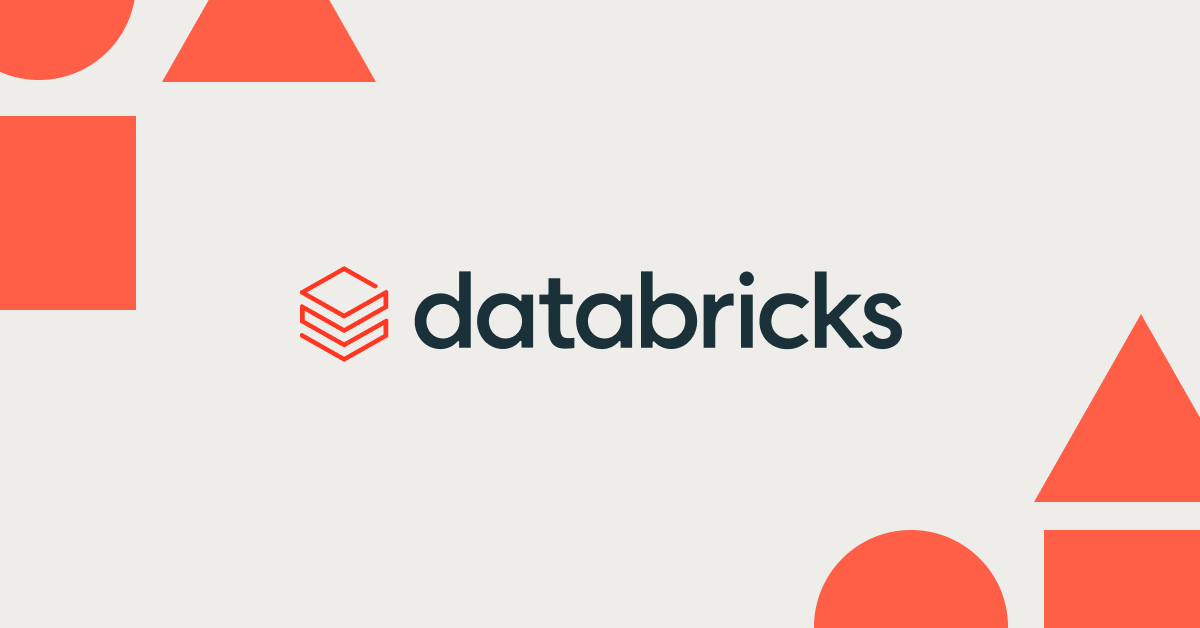Large Language Models in Media & Entertainment

The Media & Entertainment industry is in the midst of a revolution centered around data and putting consumers at the center of every experience. Every organization of every size is now on a quest to deliver the next disruptive innovation powering personalized 1:1 experiences at scale. One technology, in particular, has the power to fundamentally change the game: Large Language Models (LLMs). LLMs not only offer the ability to generate unique content but also possess a deep understanding of complex information and the power to simulate human-like interaction. This blog explores the transformative potential of LLMs in three key areas - personalization, monetization, and content creation - enabling data and AI leaders in the media and entertainment industry to drive real-world impact and unlock new revenue streams.
Personalization Redefined
Personalization is now table stakes for success for media and entertainment leaders as they look to provide smarter experiences on any channel, anywhere, at any time. LLMs provide a revolutionary approach to delivering highly personalized experiences that captivate audiences in real time and with a highly relevant experience. Take, for instance, streaming media. With LLM-powered conversational interfaces, content platforms can engage users through natural language prompts, allowing for more personalized recommendations, intelligent search capabilities, and tailored content discovery that can be done in real-time. By understanding user preferences, behaviors, and contextual cues, LLMs empower companies to deliver a smarter, more immersive media experience that keeps viewers coming back for more.
LLMs also play a pivotal role in transforming the way consumers engage with customer service and support. Through AI-guided interactions, LLMs can assist call center agents in resolving customer inquiries more effectively. This is a large area of focus for telcos who are looking to increase consumer satisfaction, decrease average handle time as well as move to more self-assisted rather than human assisted service which comes at considerable cost. By analyzing open/unresolved issues and drawing insights from previous interactions, LLMs equip agents with the right information and recommendations to enhance customer satisfaction. This ability to streamline customer support processes not only improves operational efficiency but also strengthens customer loyalty.
Intelligent Content Creation and Curation
Across Media & Entertainment, content is the center of gravity and quite literally what these organizations sell to consumers. The creation and curation of compelling content is undergoing tremendous change as content creators use more data like social signals to inject interesting moments and content into their wider content creation strategies And LLMs have the ability to fundamentally rewrite the ways companies use data and AI to develop and curate content. For example, LLMs can assist in generating engaging headlines, writing compelling copy, and even providing real-time feedback on content quality. Media organizations can streamline content production processes, improve editorial workflows, and enhance overall content quality, ensuring that every piece resonates with the intended audience.
Additionally, LLMs excel in automating content curation and recommendation systems. By analyzing user preferences, consumption patterns, and social media signals, LLMs can intelligently curate personalized content playlists, news digests, or tailored recommendations. This not only enhances user satisfaction but also drives user retention and loyalty, increasing the likelihood of continued engagement and monetization.
Enhanced Engagement and Monetization
If content is king, then engagement is the kingdom. LLMs enable media and entertainment organizations to not only create interactive experiences but enhance existing experiences. For instance, interactive storytelling powered by LLMs can take viewers on personalized, immersive journeys, where their choices and preferences shape the narrative. Whether it's in gaming, virtual reality, sports or interactive advertising, LLMs open up new avenues for user engagement and monetization.
Furthermore, LLMs offer significant opportunities for targeted advertising and content monetization. By analyzing vast amounts of user data, LLMs can generate insights that inform precise ad targeting and content recommendations. This level of personalization increases the effectiveness of advertising campaigns, drives higher engagement, and maximizes ad revenue. Moreover, LLMs can help media companies optimize pricing strategies by analyzing consumer behavior, market trends, and competitive dynamics, enabling them to deliver targeted offers and subscription plans that resonate with individual preferences and budgets.
How to get started
These examples are just some of many possible areas where LLMs can unlock value in the industry. As always, the business unlock depends on how companies can uniquely orchestrate this technology in a way that differentiates them from competition. This is where open source approaches towards LLMs provide a more sustainable path to creating value by enabling companies to retain control of their data and intellectual property, provide flexibility to uniquely optimize models for their industry-specific context and use cases, and design an architecture to deliver such capabilities that scales with associated business outcomes.
What to learn more? Visit our site to learn about the Lakehouse for Media & Entertainment or learn how you can harness LLMs yourself in our webinar: Build Your Own Large Language Model Like Dolly.
Learn about the Lakehouse for Media & Entertainment
Never miss a Databricks post
What's next?

Product
November 27, 2024/6 min read
How automated workflows are revolutionizing the manufacturing industry

Media & Entertainment
December 10, 2024/9 min read
